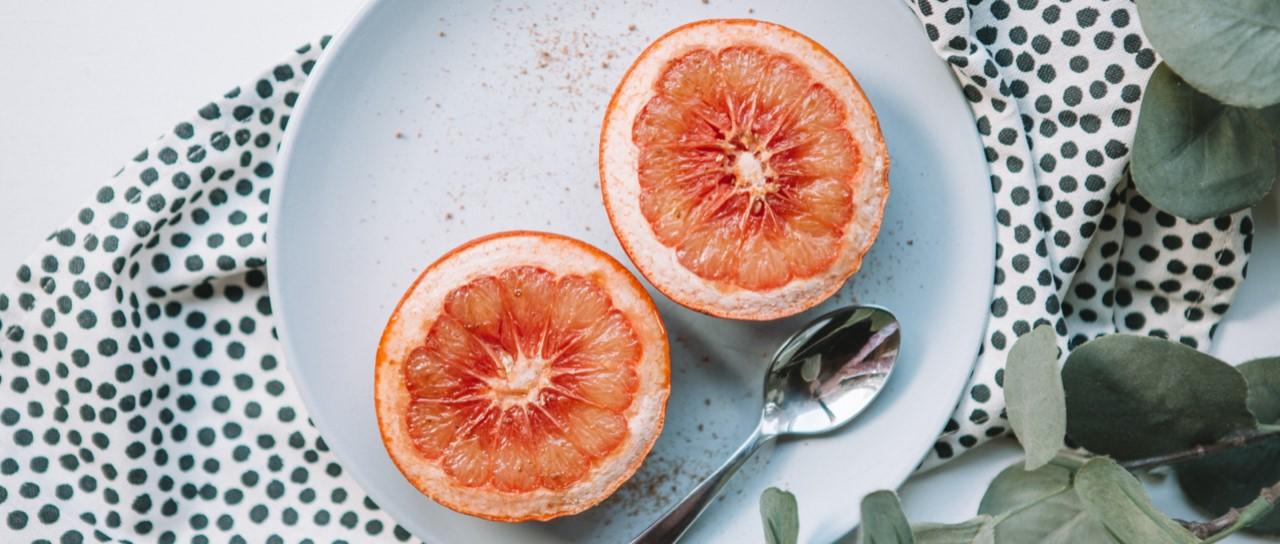
Why we all need to be 'breast aware'
Peer reviewed by Dr Colin Tidy, MRCGPLast updated by Dr Sarah Jarvis MBE, FRCGPLast updated 15 Jul 2020
Meets Patient’s editorial guidelines
- DownloadDownload
- Share
- Language
- Discussion
1 in 8 UK women will get breast cancer in a lifetime. Fortunately, a combination of early diagnosis and more effective treatments means far more women than ever are surviving. But it's crucial to know what to look out for.
In this article:
Continue reading below
Should I worry about breast pain?
Breast pain is very common. It's much less likely to be linked to cancer than other breast changes, but can still be very distressing. Non-cancerous breast changes - whether it's pain or lumpiness - can often be treated successfully. But where your breasts are concerned, it's definitely a case of better safe than sorry.
New pain in one breast always needs checking out, especially if you have a lump, skin redness and/or fever or feeling unwell - that could mean infection (mastitis).
Know your cycle
The most common breast pain is 'cyclical' - at the same time every month, usually in the week or two before your period. The pain often reaches a peak in the 3-5 days before you start menstruating and your breast may feel generally lumpy and swollen. It usually, but not always, affects both breasts.
Despite much research, it's still not clear what causes cyclical breast pain, although there may be several causes centred around your hormones and your body's sensitivity to them. One possible culprit is higher-than-normal levels of prolactin, the hormone that causes women to produce breast milk after childbirth. Another theory is that insufficient levels of progesterone - one of the hormones which regulate your periods - are to blame. However, studies involving applying progesterone cream to the breasts failed to bring any relief.
Taking hormone replacement therapy (HRT) can bring on breast pain, whether you're taking a variety designed to give regular bleeds or not. If you're using HRT or hormonal contraception, changing or stopping may help. A properly fitted bra, and sometimes anti-inflammatory tablets when it's bad, may be all that's needed.
'Non-cyclical' breast pain is there all the time and often starts in your 40s or even after the menopause. Some medicines can cause breast tenderness - check with your pharmacist. It's worth getting checked out but may settle after a few months. If not, your GP may refer you if it's severe and isn't controlled with painkillers.
Be 'breast aware'
For many years as a GP, I taught women about 'breast self-examination' - formally checking their breasts once a month. For women still having periods, I recommended this at the same stage of their menstrual cycle - your breasts change over the course of your cycle, often becoming more lumpy and tender before a period.
But in the last few years, medical advice has changed slightly. It became clear that monthly self-examination threw up a lot of 'false positives' - changes women were worried about which turned out not to be abnormal. This clearly resulted in a lot of concern and unnecessary and often uncomfortable investigations. In addition, it didn't significantly improve cancer detection rates.
Instead, doctors today advocate being 'breast aware'. That means getting to know what your breasts feel like throughout the month. If you know what your breasts naturally look and feel like, you're in a better position to pick up changes. So know what's normal, look at and feel your breasts and see your GP promptly for any changes.
How to do it
Look in the mirror for a change in shape or outline on one side or dimpling or puckering of the skin. And remember that your breasts include your nipples! Always see your doctor for new discharge (especially bloodstained), persistent rash or an in-turning nipple.
Repeat with your arms above your head. Then run the flat of your fingers over your breasts (and up into the armpits). You're feeling for a new lump, but also for thickening of the breast tissue on one side. If you're having periods, remember your breasts will feel different at different stages of your cycle. After the menopause, your breasts are likely to feel softer and less lumpy.
Continue reading below
Get screened
Breast screening with a mammogram (a special X-ray) is offered on the NHS every three years from 50-70 - you'll be invited at some point in the three years after your 50th birthday. You can usually continue to have it over 70 if you ask your GP and in some parts of England it's being rolled out to include an extra screen between 47 and 49. It aims to pick up cancers early (often at a microscopic stage) when treatment is far more likely to be successful.
There is a risk that breast screening will pick up a breast cancer that wouldn't have harmed them if untreated - that means medically unnecessary distress and sometimes treatment. This happens to about 4000 women a year in England (3 in every 200 women screened). But without screening, 1,300 women would lose their lives.
You need to weigh up the pros and cons and decide what's right for you. Personally I think the benefits far outweigh the risks - I wouldn't dream of missing mine.
With thanks to My Weekly magazine, where this article was originally published.
Continue reading below
Article history
The information on this page is peer reviewed by qualified clinicians.
15 Jul 2020 | Latest version

Ask, share, connect.
Browse discussions, ask questions, and share experiences across hundreds of health topics.

Feeling unwell?
Assess your symptoms online for free
Sign up to the Patient newsletter
Your weekly dose of clear, trustworthy health advice - written to help you feel informed, confident and in control.
By subscribing you accept our Privacy Policy. You can unsubscribe at any time. We never sell your data.